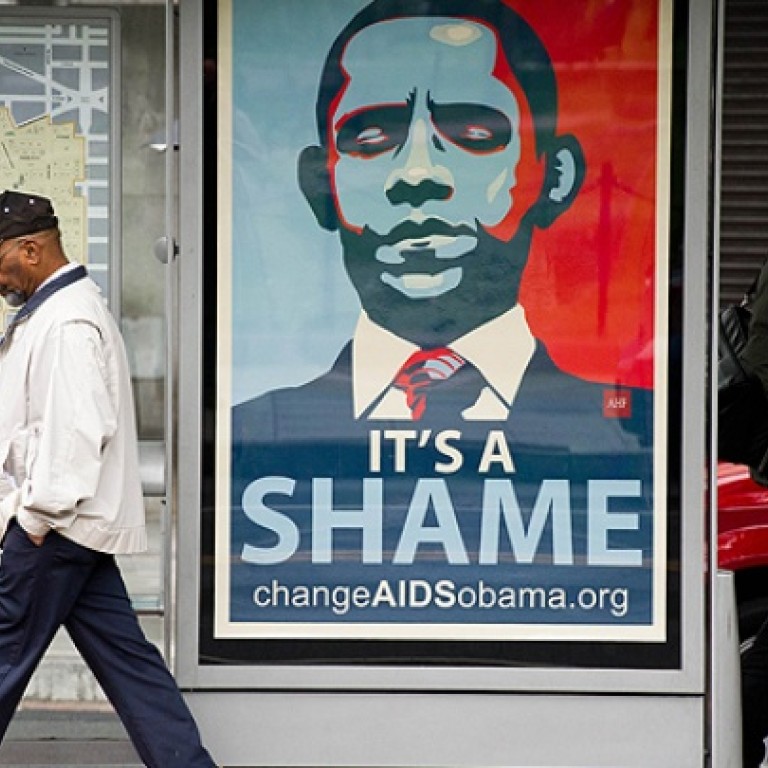
Failure of HIV vaccine trial leaves 'a test gap of several years'
The hunt for an HIV vaccine has used up US$8 billion in the past decade, and the failure of the most recent efficacy trial has delivered yet another setback to 26 years of efforts.
The hunt for an HIV vaccine has used up US$8 billion in the past decade, and the failure of the most recent efficacy trial has delivered yet another setback to 26 years of efforts.
With the next attempts expected to be years away, top researchers now say there is a "void" or a "gap" in current clinical trial efforts to test whether a vaccine may be safe and effective in people.
A kind of ongoing autopsy of the last four major bids to make an HIV vaccine has informed the field as to what does not work, with the latest casualty being a trial called HVTN 505 that was halted early because it did not prevent HIV.
It leaves us with a gap in several years before we have another HIV vaccine efficacy trial under way, and that is unfortunate
"It leaves us with a gap in several years before we have another HIV vaccine efficacy trial under way, and that is unfortunate," said James Kublin, executive director of the HIV Vaccine Trials Network.
Another concern for researchers is that two vaccine trials - HVTN 505 and a previous trial known as STEP that ended unsuccessfully in 2007 - both revealed apparent increases in the number of vaccinated patients who got HIV.
Researchers are still investigating why this may have happened, but some theorise the cold virus known as Ad5 that served as a vector to deliver the vaccine may have somehow caused more infections by making it easier for HIV to penetrate the body.
"The virus is a very elusive foe," said Wayne Koff, chief scientific officer at the International Aids Vaccine Initiative (IAVI).
About 34 million people are infected with HIV worldwide, and Aids has killed 30 million people since the epidemic began 30 years ago.
The vaccine field has fallen short of expectations since 1984, when Margaret Heckler, who was then America's secretary of Health and Human Services, declared a vaccine would be ready for testing in about two years' time.
The first phase one trial of a vaccine began in 1987 at the National Institutes of Health in Maryland and included 138 healthy volunteers. The first large-scale trials did not begin until the late 1990s.
The sole success story to date has been a trial in Thailand known as RV144, which in 2009 saw a modest, 31 per cent rate of protection, still far below the 50 per cent threshold needed in order to license a vaccine.
Researchers are continuing to study the results for clues as to why it worked in some cases but not others, and why it appears the protective effects may have waned over time.
A similar vaccine modelled for South Africans is expected to enter human trials in the next couple of years.
